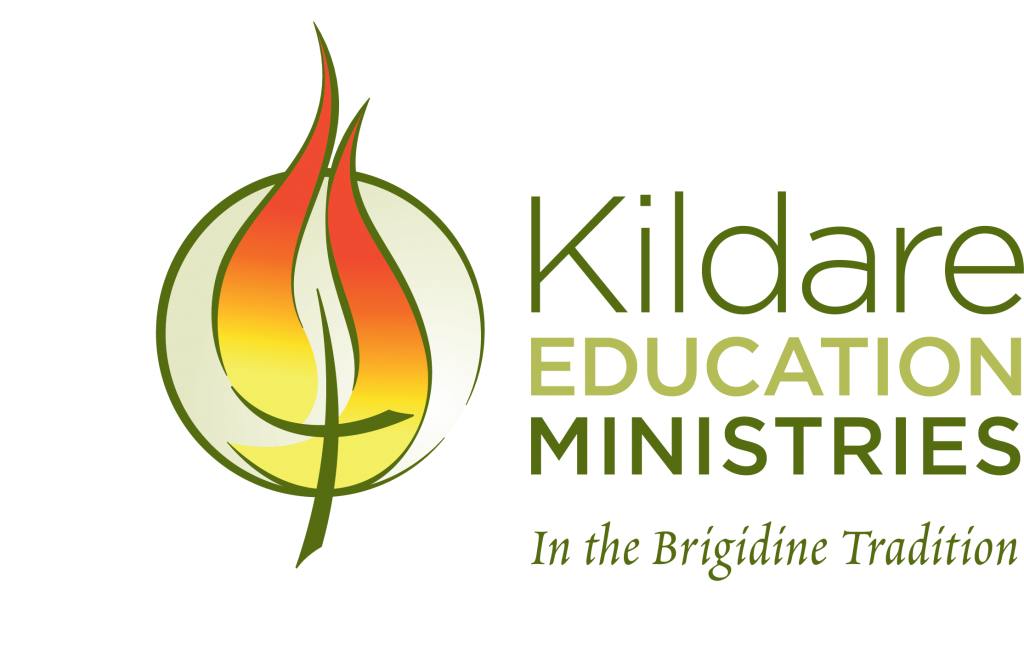- Posted on
- Student Health,Wellbeing
Planning for a Safe and Supportive School Community
On Friday 18 March 2022, Clonard College is participating in the National Day of Action against Bullying and Violence (NDA). The NDA is Australia’s key bullying prevention initiative, connecting schools and communities to find workable solutions to prevent bullying.
The theme for the 2022 NDA is Kindness Culture. Clonard will demonstrate Kindness Culture by raising awareness via a range of activities designed around promoting inclusiveness, respect and community belonging for all students.
Planning for a safe and supportive school community requires a whole-school community approach. Whole-school responses to bullying prevention build positive and supportive school environments by incorporating strategies for intervention at all levels, inclusive of students, teachers, parents and carers.
Three key characteristics outlined in the national definition of bullying distinguish bullying behaviours from other forms of peer aggression behaviours which do not constitute bullying. The key characteristics of bullying include:
- power imbalance
- deliberate intent to cause harm, and
- ongoing and repeated behaviour.
While the following behaviours of peer aggression do not constitute bullying, these behaviours may still be serious and require intervention at home and at school:
- arguments and disagreements (where there is no power imbalance)
- single acts of social rejection or meanness, or
- isolated incidents of aggression, intimidation or violence.
It is important for our entire school community, including our staff, parents, carers and students to have a clear understanding of the definition of bullying to be able to distinguish these behaviours from peer aggression, and correctly identify and respond to incidents of bullying.
Knowing the types of bullying behaviour can also help you identify if the incident is bullying, or peer aggression. While neither of these behaviours are tolerated at Clonard, they do require different management strategies, and the first step for responding is to correctly identify the behaviour
If you have concerns that your child is being bullied, please contact the wellbeing teacher or Wellbeing and Community leader. If you believe the behaviour constitutes a crime, or is a serious incident of cyberbullying, please refer to the Bullying. No Way! website for information on how to report to other authorities and gaining further help.
For more information, please visit the Bullying. No Way! website for additional resources.



